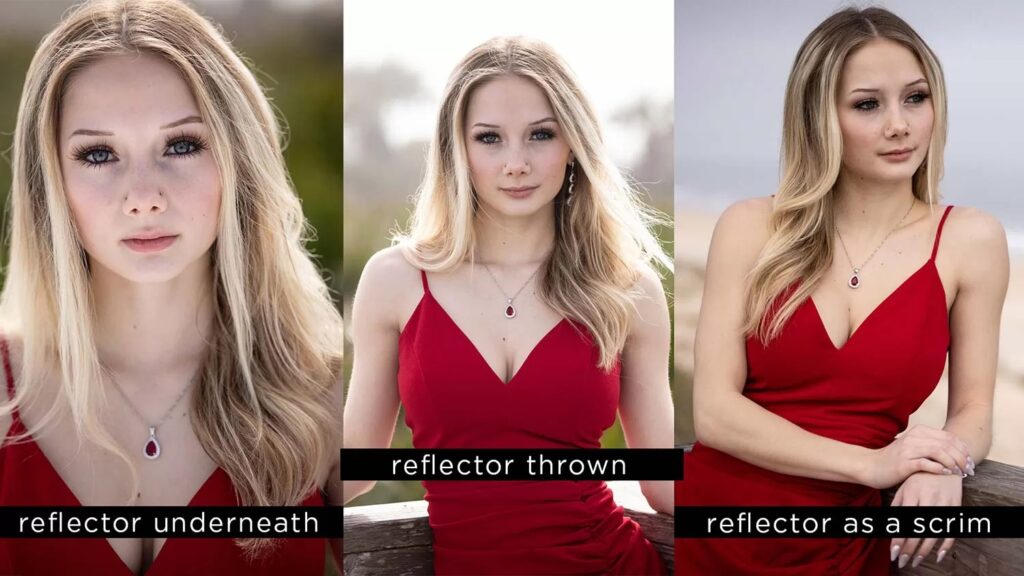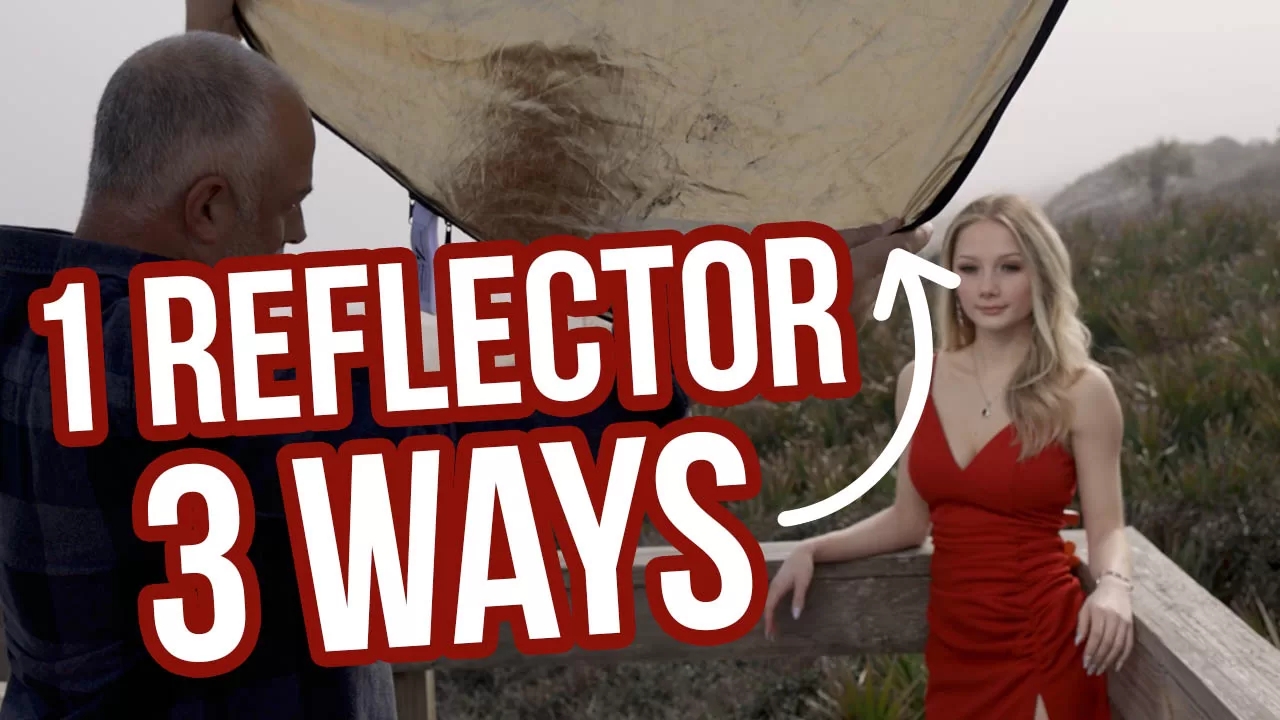#1: At the Waist
As is typical for most “light and airy” photographs, we used an exposure that focused on Anna’s face with an overexposed background. I placed the reflector silver side up at her waist to push some light back up towards her face – as seen in the before/after shots, this made a remarkable difference!
NO REFLECTOR
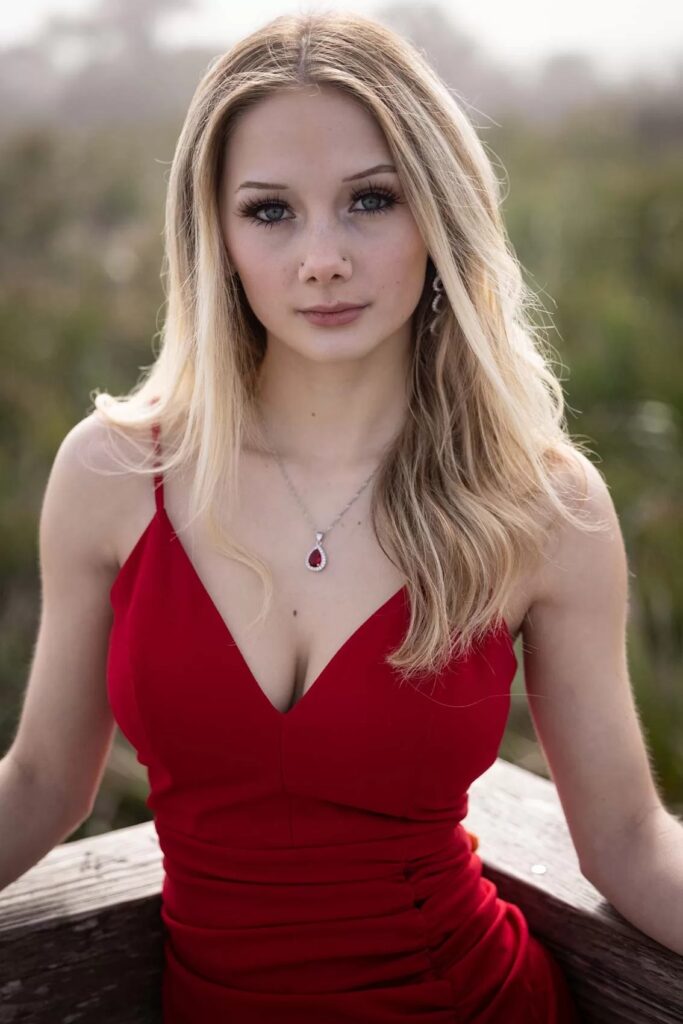
Settings: f/2.8 @ 1/1,600, ISO 100
REFLECTOR AT WAIST
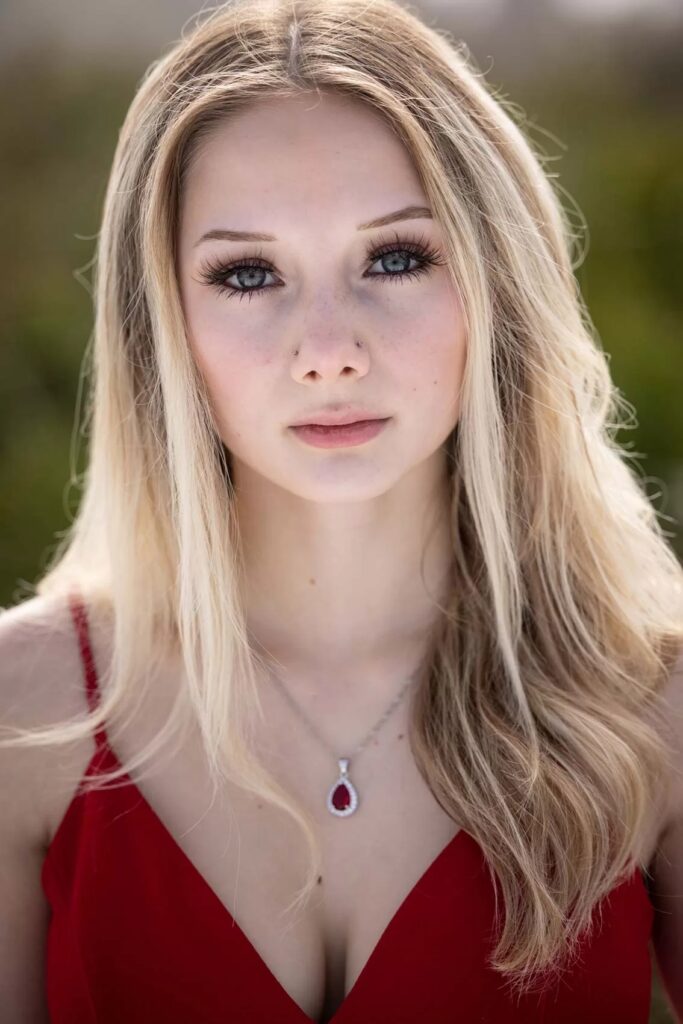
Settings: f/2.8 @ 1/1,600, ISO 100
#2: Throw the Light
My assistant used a reflector with its silver side facing outward, to direct light from camera left onto Anna’s face and fill in shadows using natural sunlight reflected back onto Anna. You can clearly see an immense difference in Anna’s eyes between images with and without reflector use; by this time the sun had come out more strongly so the reflector enabled us to reflect more natural sunlight back onto Anna’s face, thereby filling any remaining voids or dim spots on her complexion.
Pro Tip: On days with bright sunlight, harsher light may fall onto your subject. On extremely sunny days, stand back with your assistant so as to avoid hotspots; sometimes switching out silver reflectors for white reflectors was necessary in order to minimize hotspots.
NO REFLECTOR
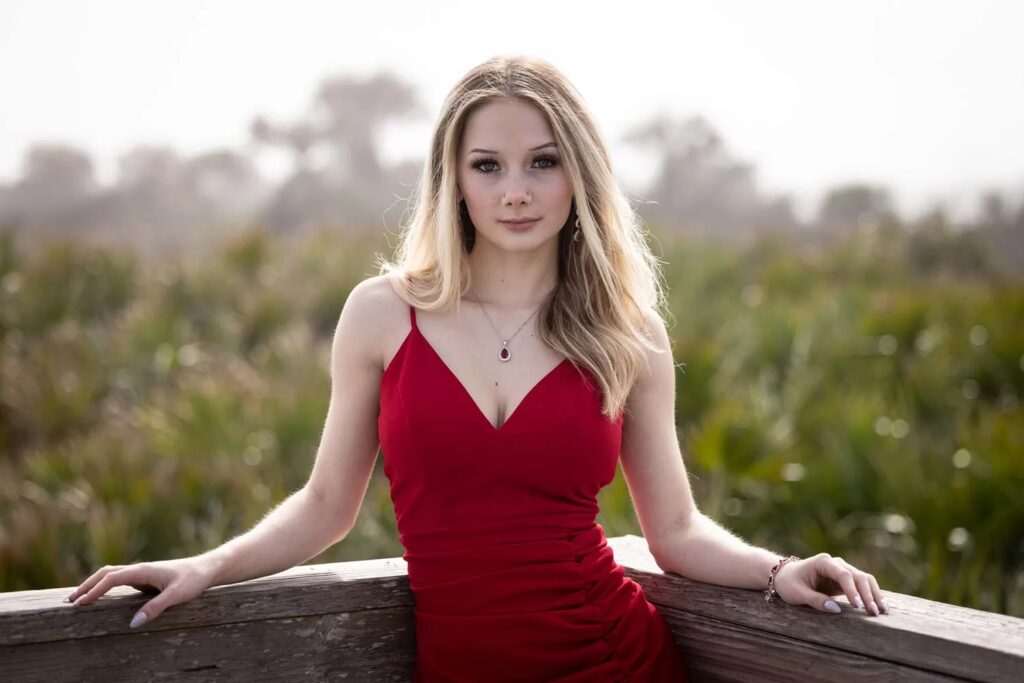
Settings: f/2.8 @ 1/1,600, ISO 100
REFLECTOR
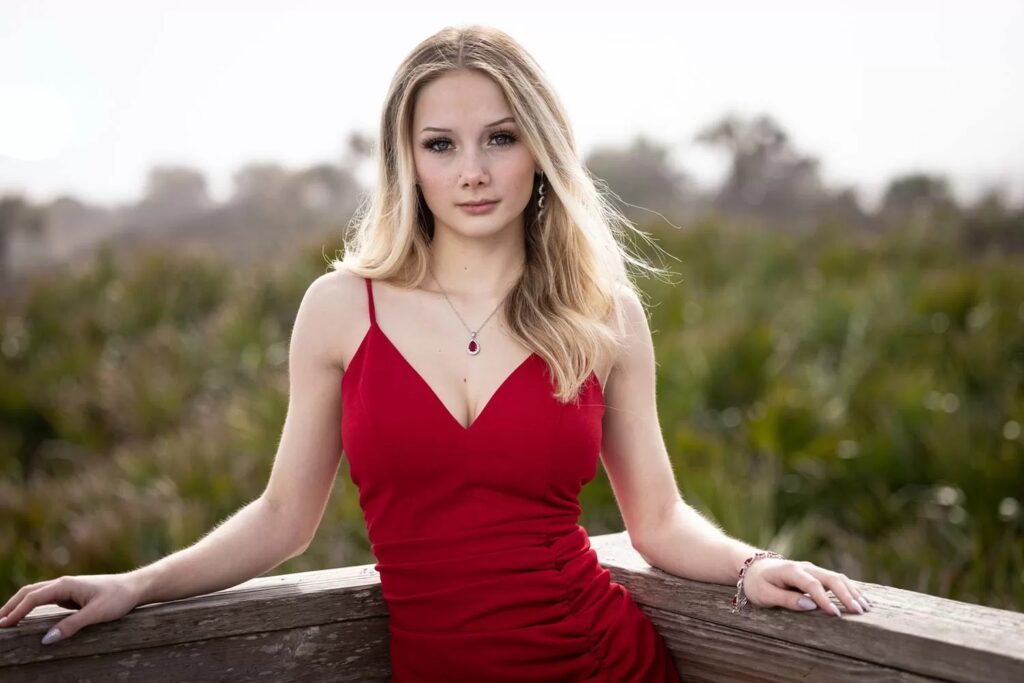
Settings: f/1.8 @ 1/2,000, ISO 100
REFLECTOR OVERHEAD
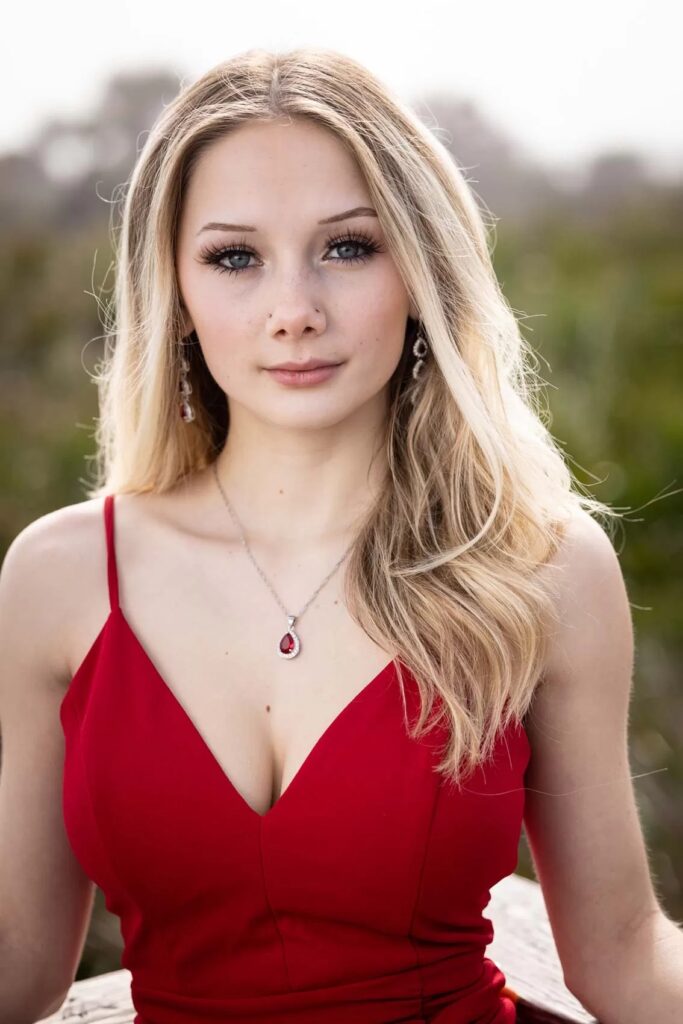
Settings: f/2.8 @ 1/1,600, ISO 100
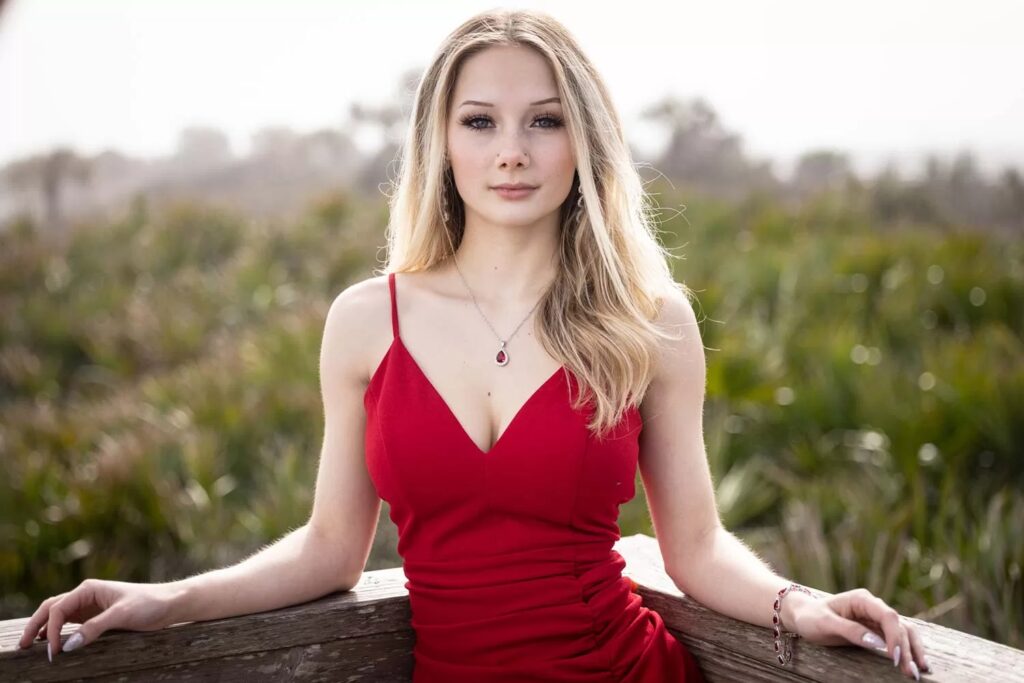
Settings: f/2.8 @ 1/1,250, ISO 100
#3: As a Scrim
Inside most 5-in-1 reflectors is a scrim, yet many photographers don’t understand its purpose or how to use it properly. A scrim is simply a panel held over your subject’s head to block sunlight and create open shade.
Have you been caught photographing in direct sunlight with subjects who can’t help but squint in bright lighting conditions? By placing a scrim over them and blocking some sunlight, the problem of squinting will be eliminated and you can shoot with direct light for even lighting results.
NO SCRIM

Settings: f/2.8 @ 1/5,000, ISO 100
SCRIM
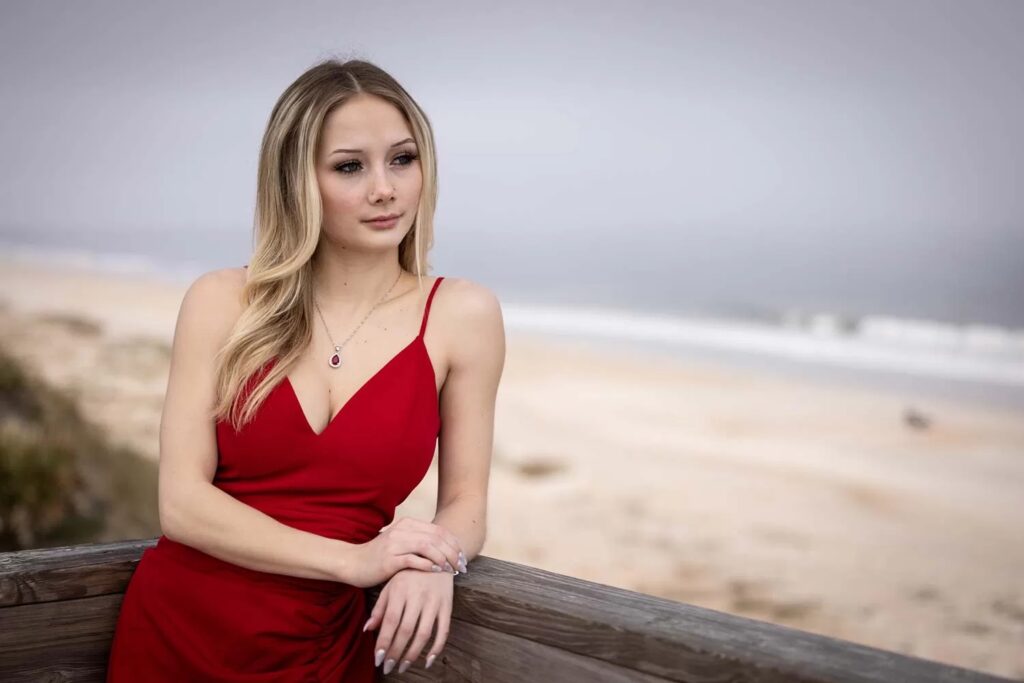
Settings: f/2.8 @ 1/3,200, ISO 100
SCRIM
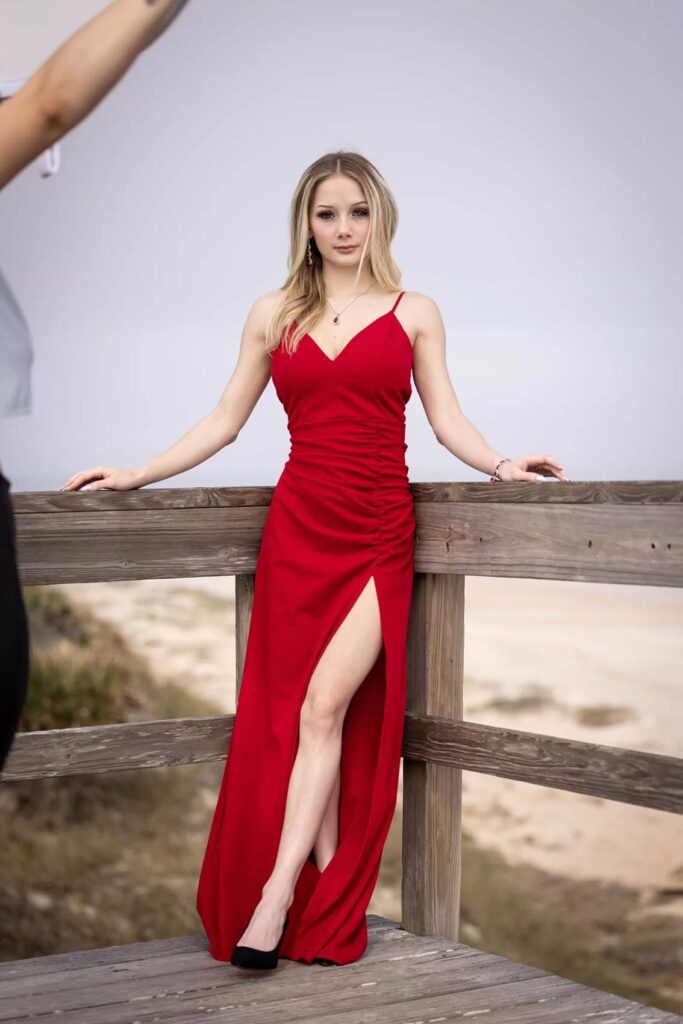
Settings: f/2.8 @ 1/2,500 ISO 100
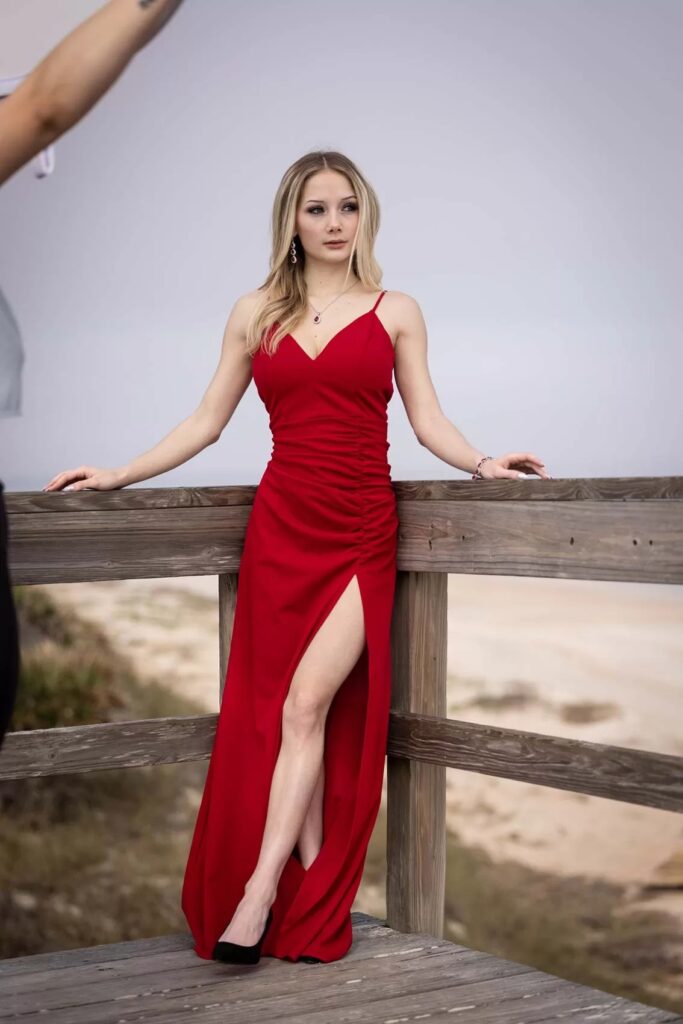
Settings: f/2.8 @ 1/3,200, ISO 100
1 Reflector, 3 Different Ways
As this piece has hopefully shown, a simple reflector can make all the difference on any shoot, and there are three techniques you can employ when planning one of your own. Now go make it happen!
